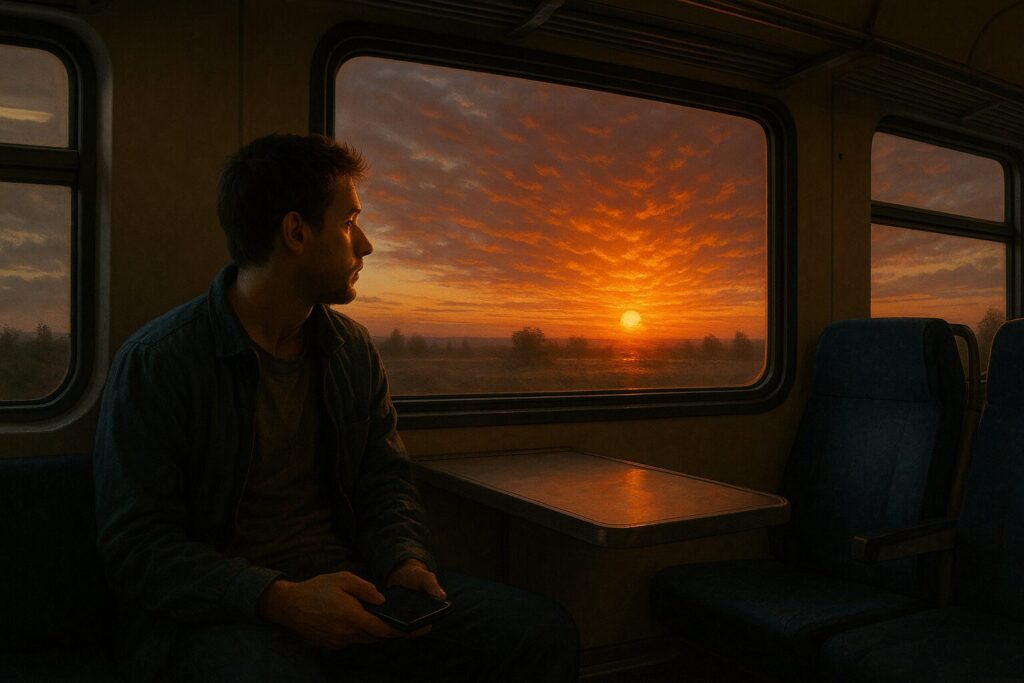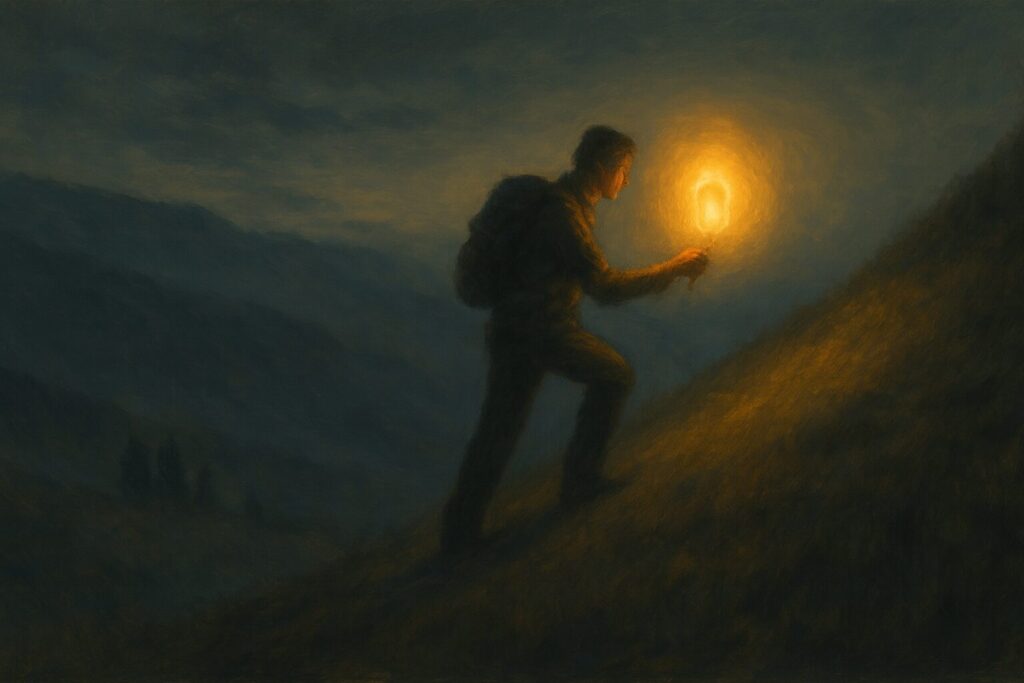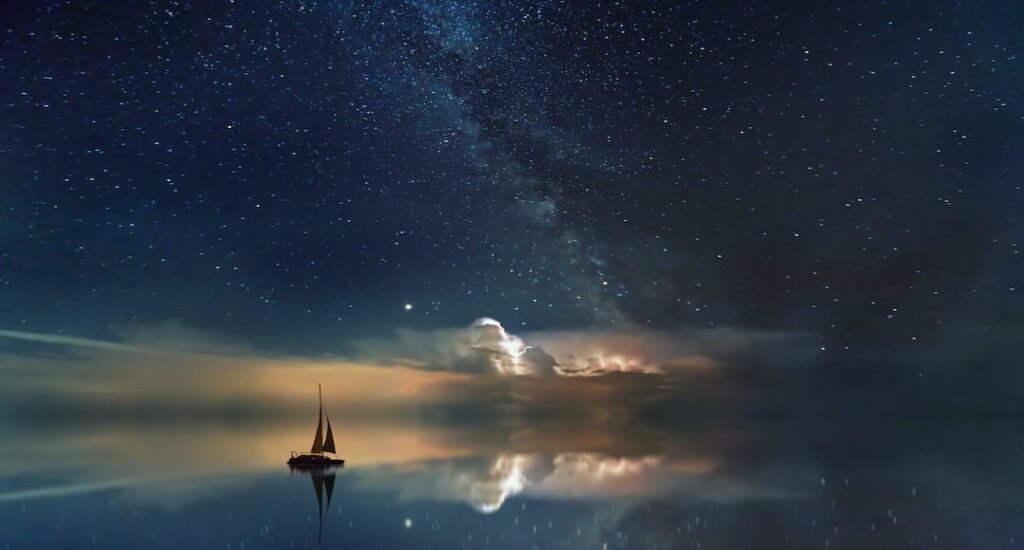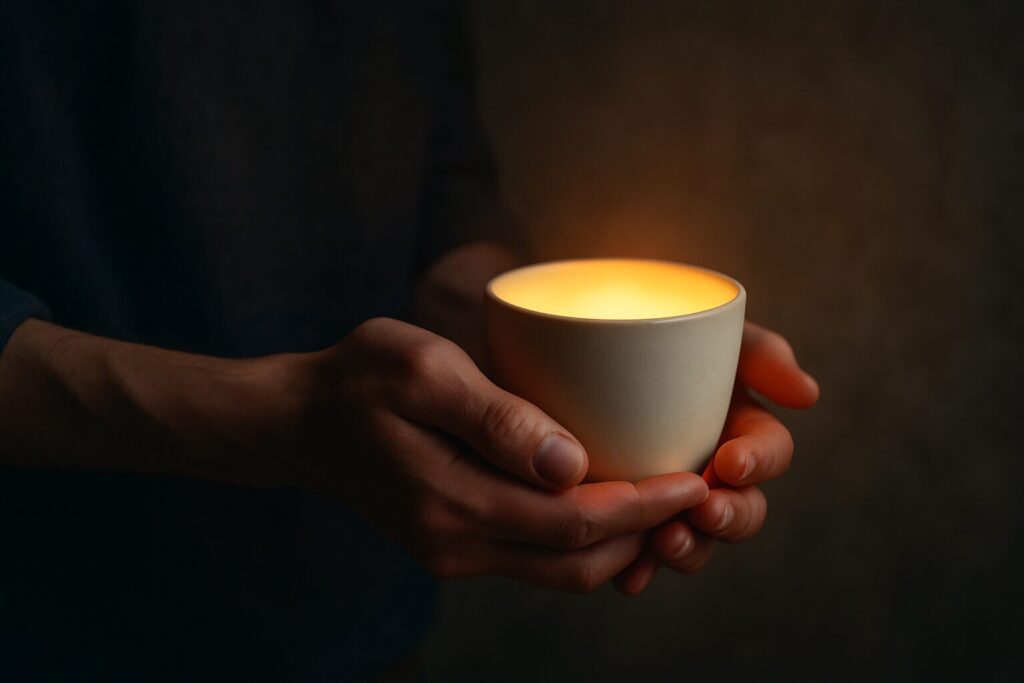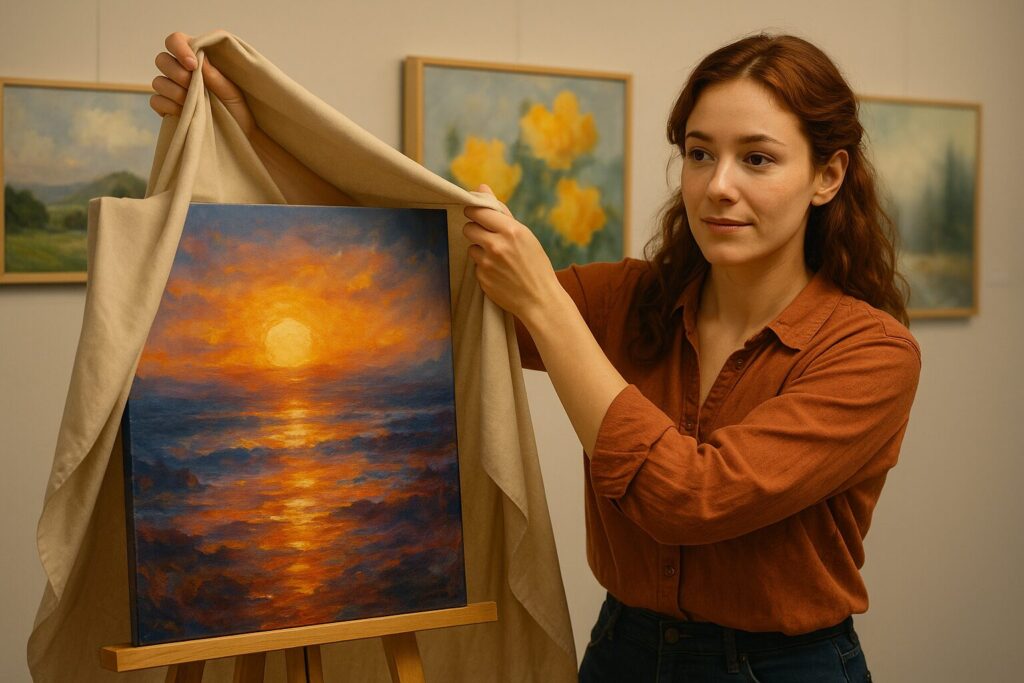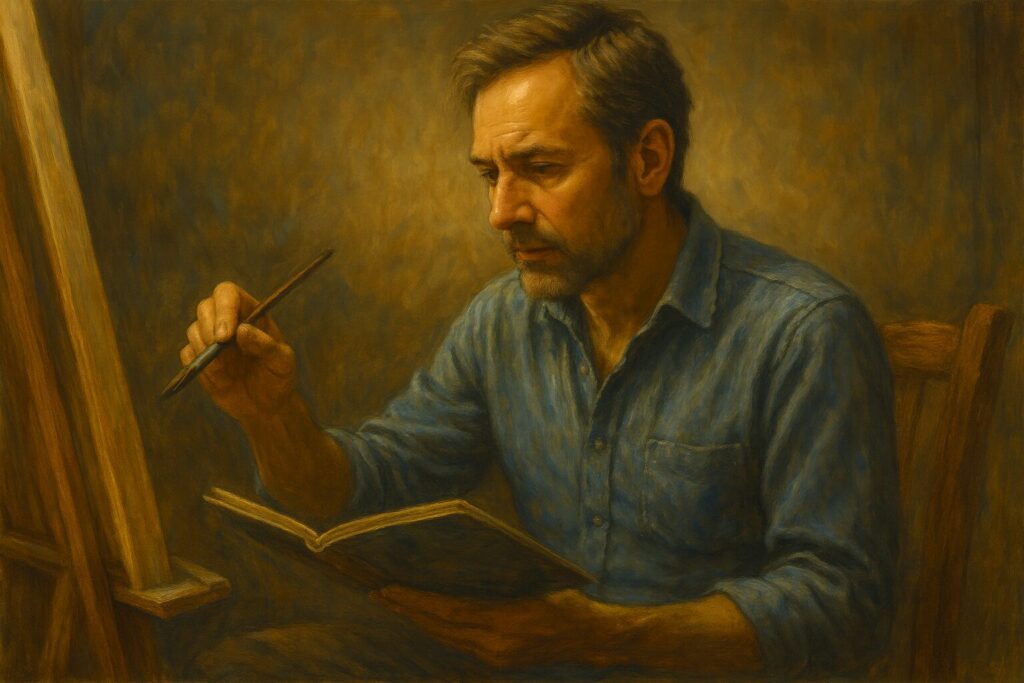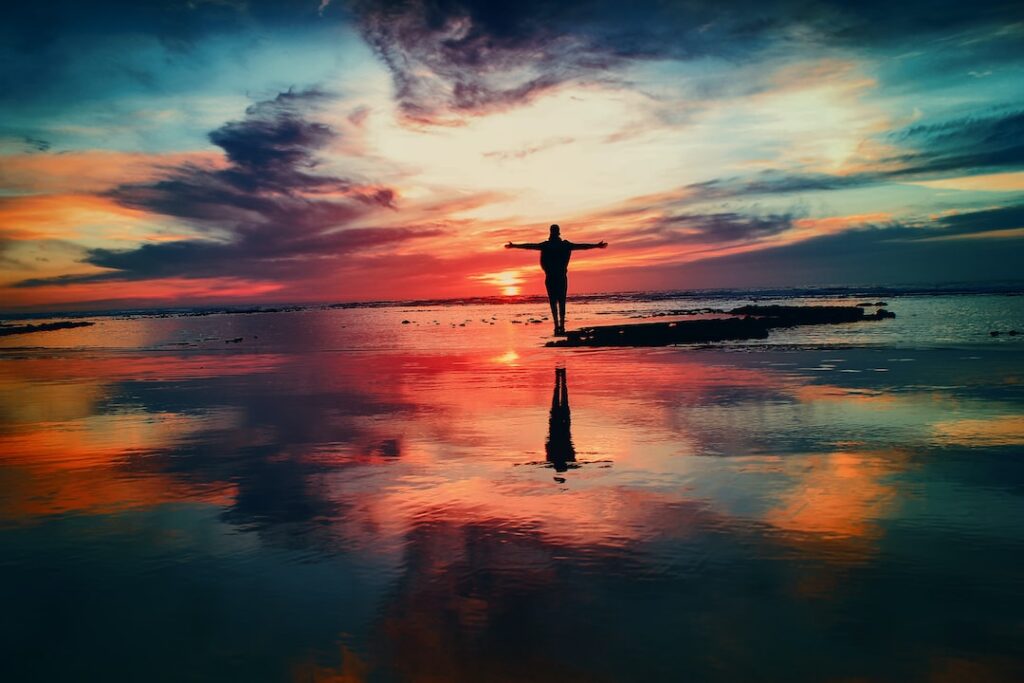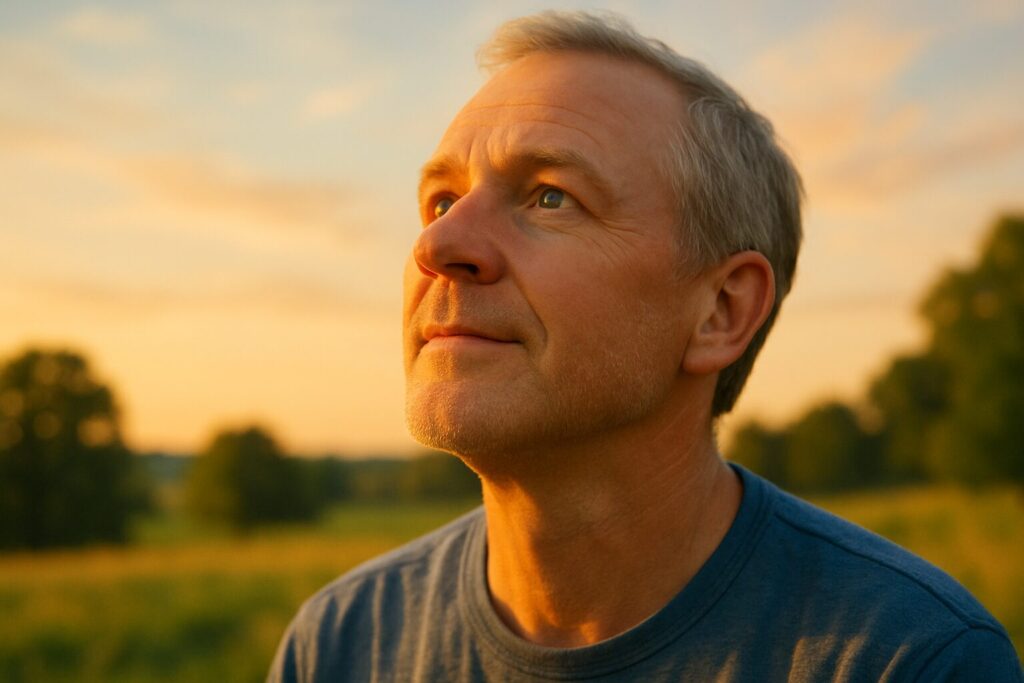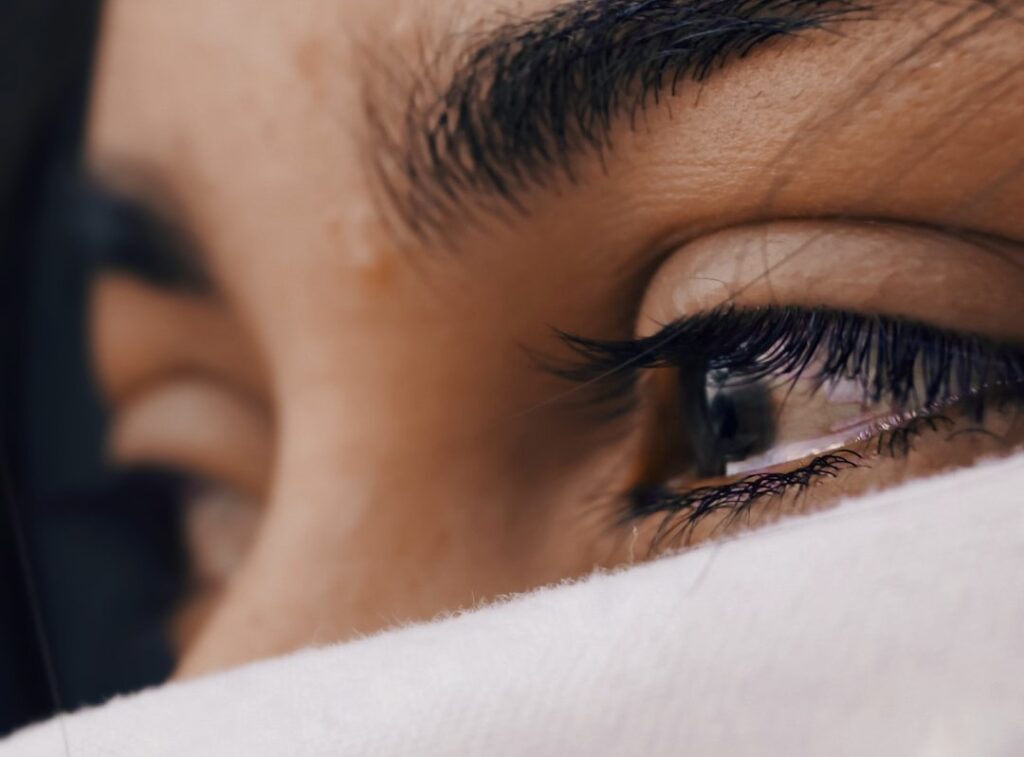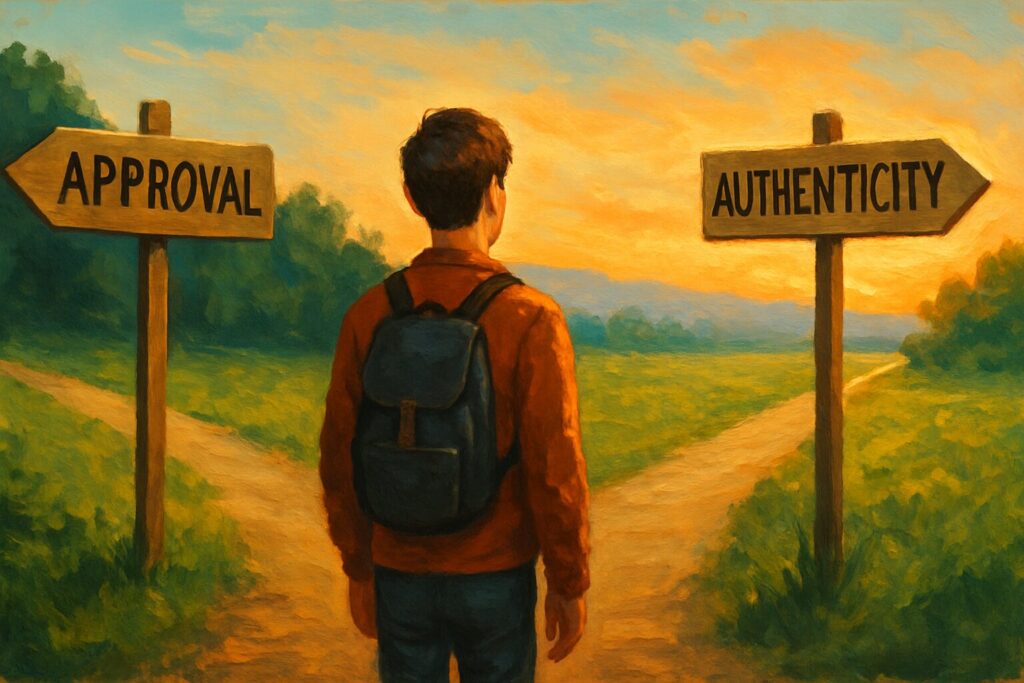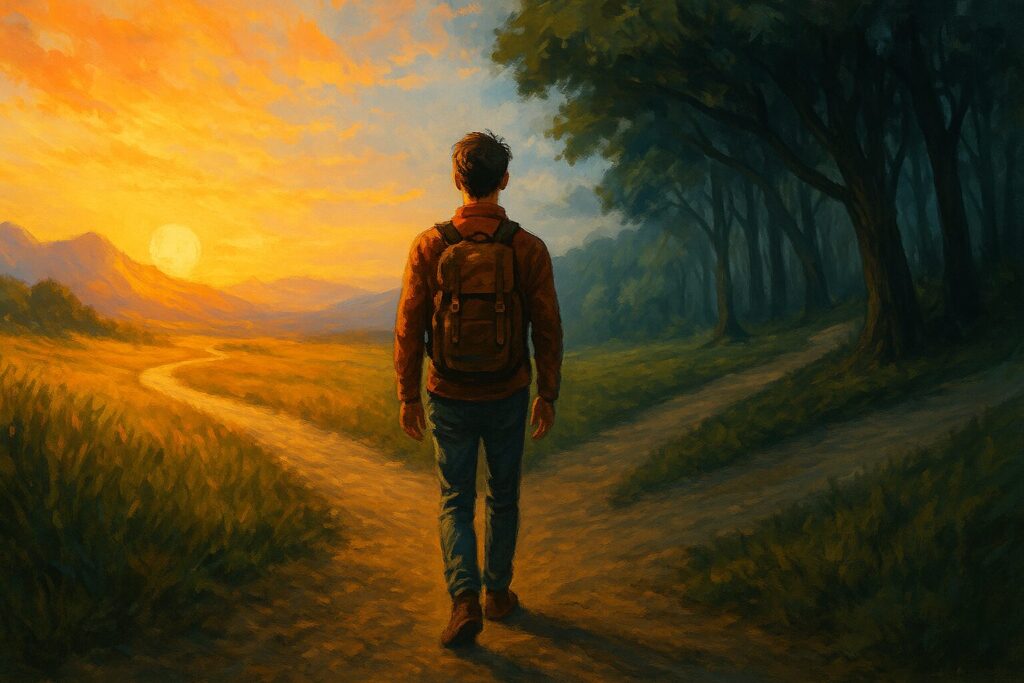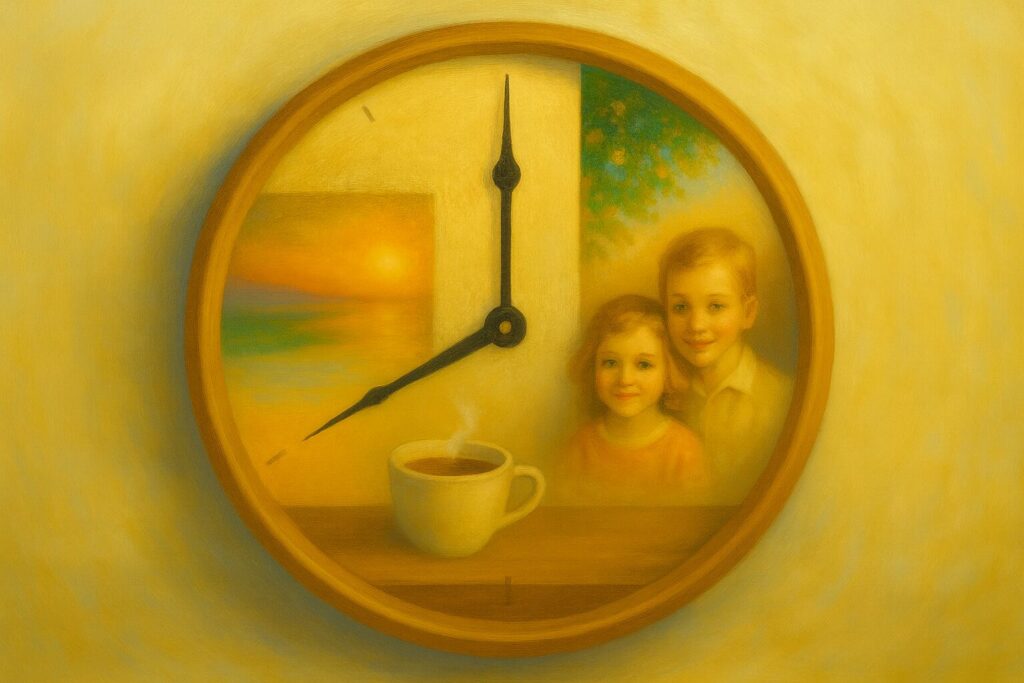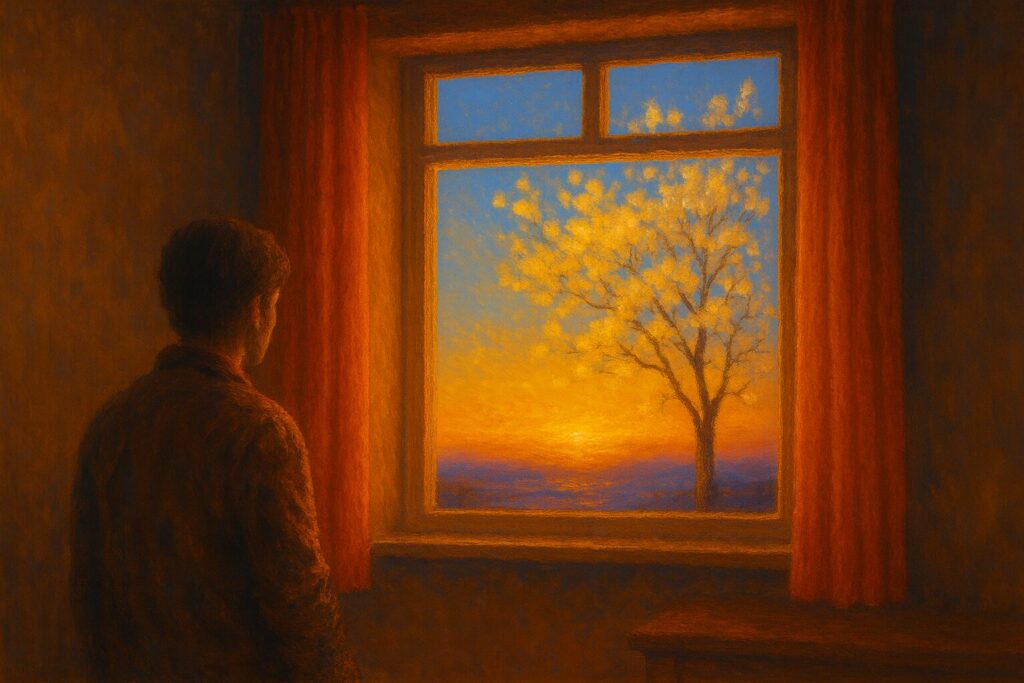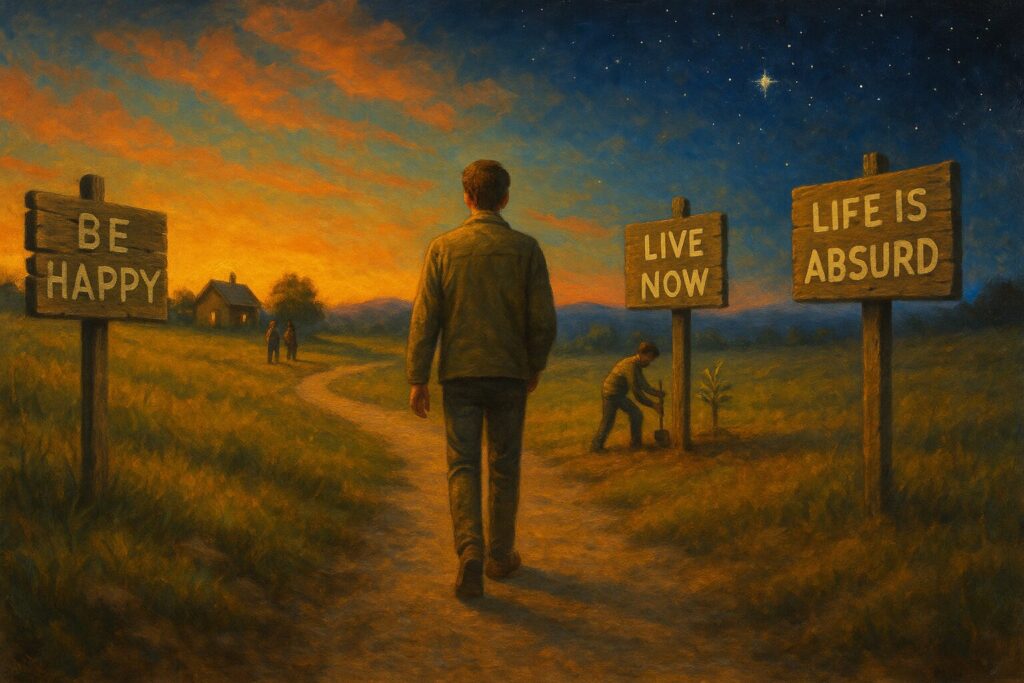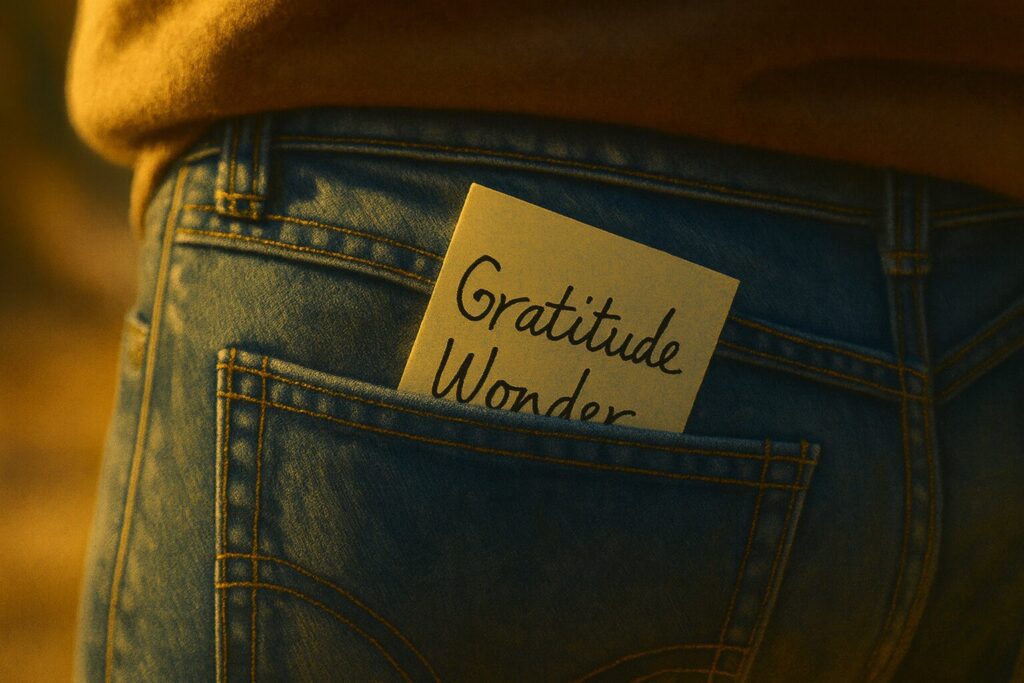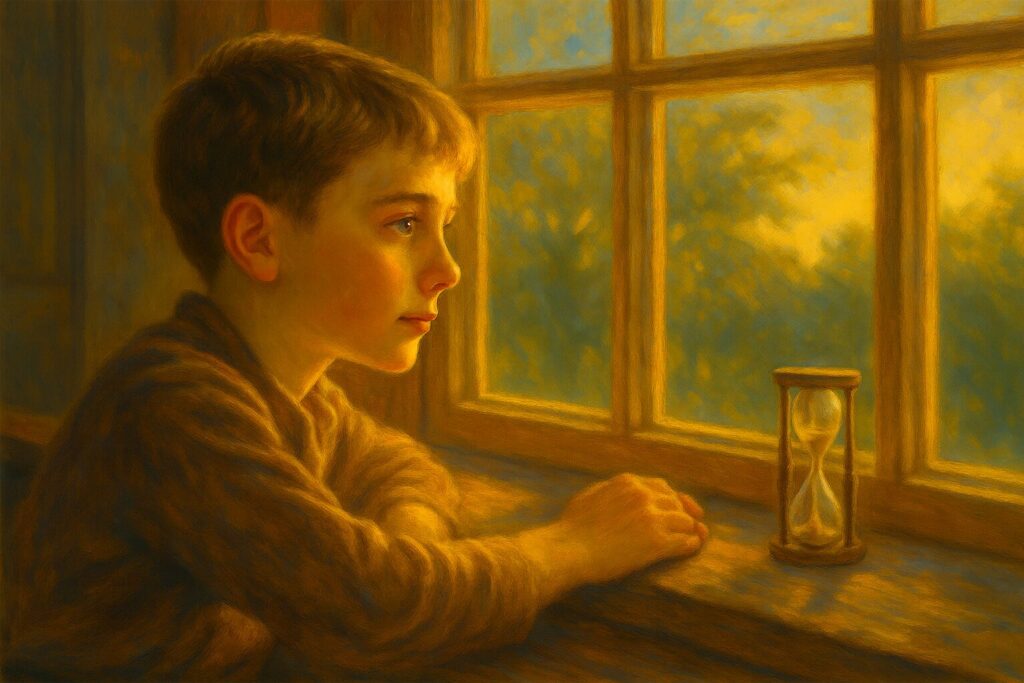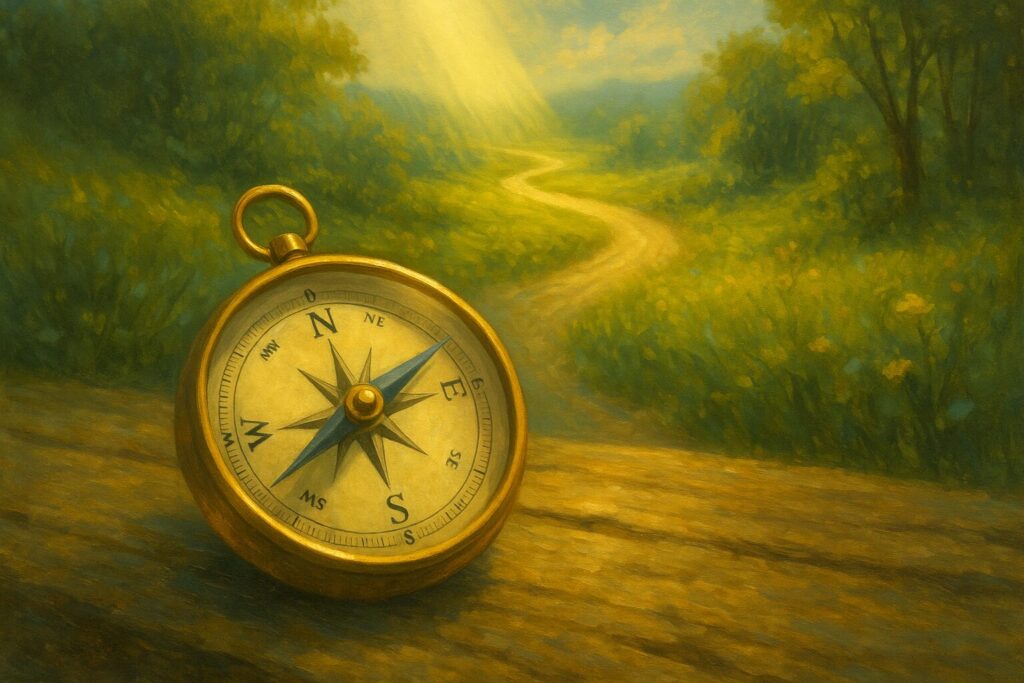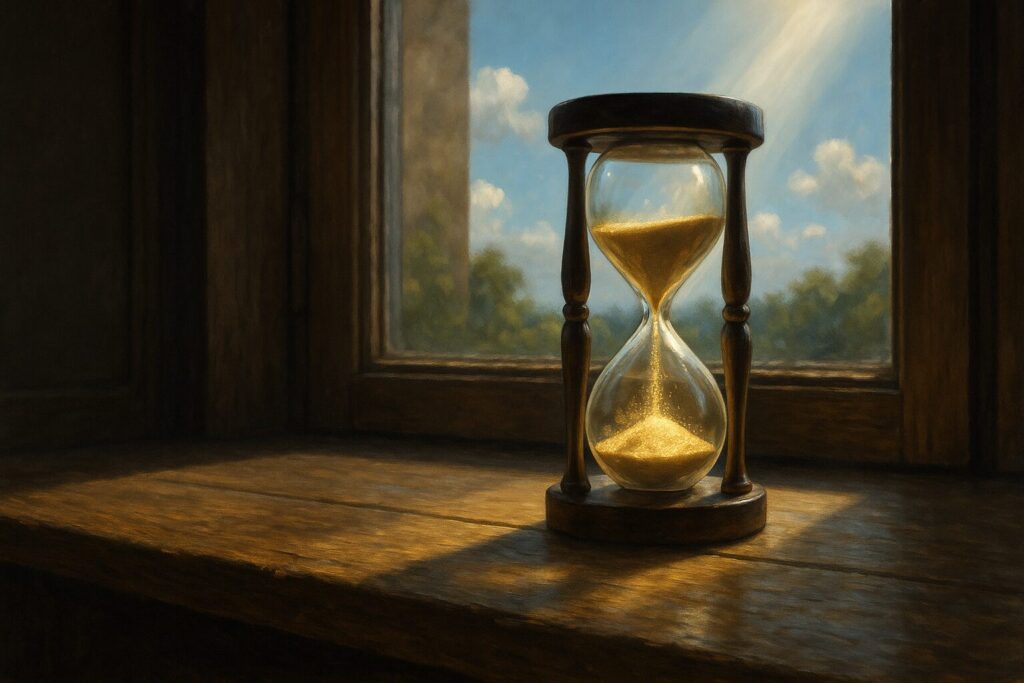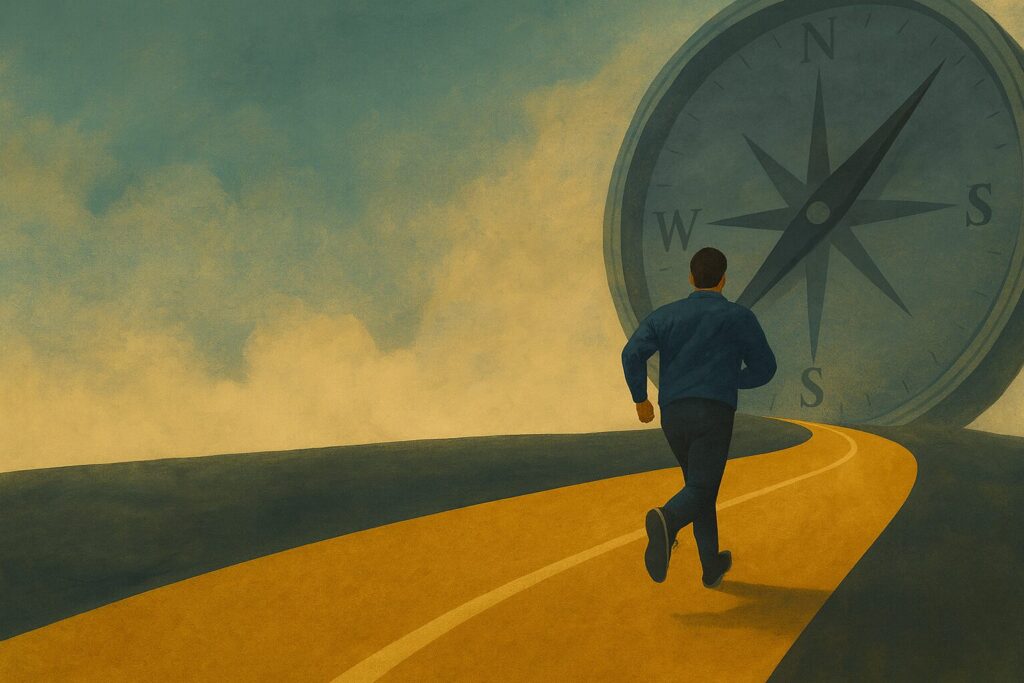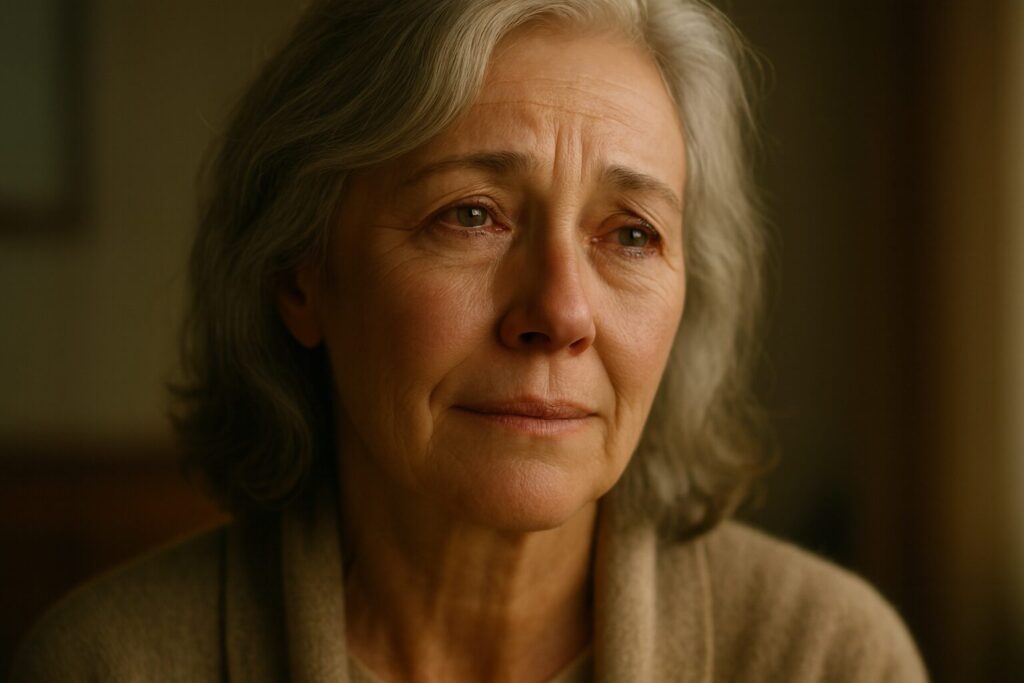Life
We long for simplicity. If only life could be one thing — constant peace, endless joy, steady certainty. But life is not one thing. It is a symphony of opposites: quiet and noise, rest and striving, solitude and connection.
The Danger of Familiarity
This ability to normalize is useful for survival — it helps us keep functioning in a world of constant stimuli. But it carries a hidden danger: familiarity can numb us to the very things that make life worth living.
The Price of Independence
Independence is often celebrated in slogans. We hear lines about “being yourself” as if it were simple, even glamorous. But anyone who has tried knows: true independence has a price.
The Uniqueness of Fascinations
When people talk about their interests, they often downplay them. “Oh, it’s just a hobby.” “It’s nothing important.” But what captivates us is rarely just anything. Our fascinations are fingerprints — distinctive marks of who we are.
Purpose vs. Regret
When people look back at the end of their lives, the most common refrain is not, “I wish I had failed less.” It is, “I wish I had lived truer to myself.” Regret aches because it cannot be undone. We can recover from failure, but we cannot recover the chances we never took. That is why regret often stings deeper than loss.
The Cup Metaphor
Life places a cup in our hands. We did not ask for it, and we cannot hold it forever. But while it’s ours, we face two tasks: to fill it and to savor it.
The Courage to Put Your Real Self on the Line
Most of us learn early how to wear masks. We present the version of ourselves we think will be accepted: the dutiful student, the competent worker, the agreeable friend. Masks keep us safe. They win us approval. But masks also cost us. When we hide our real passions, fears, and longings, we begin to feel hollow. Life becomes performance, not presence. We win applause but lose authenticity.
The Joy of Creation
Most creatures survive by instinct. They hunt, nest, migrate, reproduce. Humans do these things too — but then we do something extra. We make.
Aesthetic Experience Triad
There are moments when life feels electric. A song swells, a sunset flares, a child laughs — and suddenly you feel it: the tingle of meaning. It’s not just pleasure. It’s not even quite happiness. It’s the sense that life, in this moment, is precious.
Remembering the Gift of Being Alive
We are surrounded by so much routine—commutes, bills, inboxes—that life itself begins to feel ordinary. But the truth is the opposite: life is a luxury. A miracle. A once-in-eternity gift.
The Borrowed Eyes Experiment
Familiarity is a thief. It steals the shine from our days. You’ve looked at the sky thousands of times, so now it’s just the sky. You’ve heard your child’s laughter, or your partner’s voice, or the hum of the refrigerator so often that you don’t even register it. The miracle dulls under repetition.
The Celebration of Existence
Life is not perfect. It is not painless. But it is precious. It is astonishing. It is a gift. So let us raise a glass. Let us laugh, sing, cry, embrace. Let us celebrate not only what is good, but the very fact that we get to exist at all.
Honesty Over Airbrushing
Life is not airbrushed. It is jagged and uneven, full of moments that hurt so much they shatter our composure. To deny this reality isn’t strength. It’s alienation from our own humanity.
Soul Therapy: Technology On and Off
Technology is everywhere. It fills our pockets, our desks, our homes. Often it overwhelms us, leaving us jittery and distracted. Yet in the right measure, it can also heal. It can connect, soothe, and restore.
Independence vs. Isolation
Independence is often misunderstood as isolation. People imagine the independent person as cold, aloof, detached: someone who doesn’t need anyone, who refuses intimacy, who rejects community. But independence is not about pushing people away. It’s about standing on your own feet so that you can walk toward others freely.
A Selfhood Triad
Don’t wait for a perfect revelation of identity. Don’t fear if your voice feels shaky. Selfhood is the road, not the finish line. Because in the end, the greatest adventure is not in discovering some hidden self. It’s in becoming the one only you can be.
Living by Our Own Values
So much of life is lived chasing what others expect. Parents, peers, bosses, culture — they all hand us scripts: earn this title, buy that house, look successful. We follow, often without questioning. And sometimes we achieve those ambitions, only to discover an unsettling truth: we feel hollow. Because borrowed ambitions can’t fill us. They belong to someone else.
Life as Adventure vs. Distraction
There are two ways most of us live. One is as adventure: life as an unfolding story, full of risk, discovery, and meaning. The other is as distraction: life as a blur of routines, entertainment, and avoidance.
Personal Passion as Soul’s Ambition
Ambition isn’t the problem. Blind ambition is. When we chase success without asking why, we end up empty. But when ambition grows from personal passion, it becomes something entirely different: a compass for the soul.
Time as a Treasure
We usually treat time as an enemy. We complain that there’s never enough, or we dread how quickly it slips away. But time itself is one of life’s greatest gifts. Other creatures live mostly in the immediacy of instinct. Humans live in three dimensions: we remember the past, we savor the present, and we anticipate the future. Each dimension enriches us, making life more than a blur of moments.
Aesthetic Experience as a Reason for Living
We’ve all had days when life technically continued but felt empty, thin, almost pointless. Food was on the table, but appetite was gone. Time passed, but meaning was missing. In those seasons, we need more than existence. We need a reason to stay. For human beings, that reason often comes through aesthetic experience — the moments when life feels not only bearable but luminous, charged with significance.
Breaking Cliches
Clichés offer half-truths. Life Savor offers wholeness. We need happiness and fulfillment, savoring and striving, acceptance of death and celebration of life. By breaking the slogans open, we recover a richer philosophy of living—one that does justice to the gift of life itself.
The Anesthetic of Familiarity
Most of us don’t realize it, but we live under a spell. Not a spell of enchantment, but of anesthesia. The very miracle of being alive—the staggering improbability of existing at all—slowly gets muffled until it feels ordinary, even boring. Richard Dawkins called it “the anesthetic of soporific familiarity.” What a phrase. It captures that strange sleepwalking state where life itself becomes background noise.
The Back-Pocket Perspective
Life is not designed to be easy. It is turbulent, uneven, unpredictable. Some days feel like victory laps, others like collapse. To demand that we “always savor life” or “always feel grateful” is to set ourselves up for disillusionment. The truth is, no one can carry a sunlit perspective 24/7. And that’s okay. Because perspective doesn’t lose its value just because it isn’t always active. Sometimes, it’s enough to know that a helpful way of seeing the world is tucked in your back pocket, ready when you need it.
Through a Child’s Eyes
What if life ended at twelve, or seventeen, as it did for Sam Berns, who lived bravely with progeria and died a teenager? In that case, the moments of youth — the crushes, the games, the discoveries — are not rehearsal. They are the whole play. Childhood is not a practice round. It is life itself, rich with meaning in its own right, as real as anything we experience later.
The Joy of Standing Alone
We’re wired to crave belonging. For most of human history, standing apart from the tribe meant danger, even death. So it’s no surprise that in the modern world, the thought of standing alone can make our hearts pound. Conformity whispers safety; independence feels risky. And yet, paradoxically, some of life’s richest joys come not from blending in, but from daring to stand apart. Independence isn’t only about hard duty or lonely burden. Sometimes, it feels like freedom in its purest form: exhilarating, life-affirming, joyful.
The Compass of Curiosity
Curiosity is honest. It ignores what we “should” want and pays attention to what we actually want to explore. That makes it a reliable compass for becoming ourselves. If we keep following the questions that quicken us, we end up in places that feel like home.
Life vs. Entropy
Left alone, everything falls apart. Wood rots. Muscles weaken. Friendships fade. Buildings crumble. Lives unravel. The universe tends toward entropy — disorder, disintegration, decay. And yet, here we are: building, loving, creating, striving. To live at all is to resist the pull of collapse. Every act of growth is a rebellion against the drag of entropy.
Mortality as a Wakeup Call
Death is the truth we avoid. We distract ourselves, euphemize, hide it behind hospital curtains and polite silence. But avoidance doesn’t erase reality. The clock is ticking for each of us. This sounds grim, but it doesn’t have to be. Mortality is not only the end of life. It is the wakeup call that gives life urgency.
The False Compass of Blind Ambition
Blind ambition is a false compass. It promises meaning but delivers emptiness. It drives us to run faster without asking whether the finish line matters. But ambition aligned with purpose becomes energy for fulfillment. It becomes the spark that turns potential into reality.
The Dignity of Sorrow
The same heart that swells with joy will eventually ache with grief. We can’t separate the two. To love is to open ourselves to loss, whether through distance, misunderstanding, or death itself. At first glance, sorrow seems like an intruder — an unwanted thief of joy. But in truth, sorrow is not a violation of life’s gift. It is part of what makes the gift so precious. If love gives us warmth, sorrow, at times, gives it depth.
Our Precious Aesthetic Experience of Life
Food keeps us alive. Shelter protects us. Medicine repairs us. But what makes life feel worth living is not only survival — it’s those moments when meaning breaks through and we are moved.
Celebrate Your Existence
Life Savor is not a slogan. It’s a perspective—a lens through which existence looks less like a burden and more like a miracle. At its heart, it’s about gratitude: not just for achievements or milestones, but for the baseline fact of being alive.
Aesthetic Awareness Triad
You don’t need a cathedral to experience reverence. A cup of tea will do. You don’t need a symphony to hear hymns of praise. The sound of your own breath is enough. The question is simply: will you notice?

